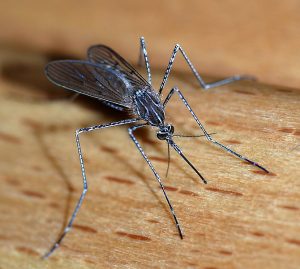
Dengue fever is a serious illness that is spread by mosquitoes. It can have outbreaks and they are more common in certain parts of the world, where it is warmer throughout parts of Africa, Central and South American, India and Southern Asia. If you are traveling outside of the United States, you should be aware of any possible outbreaks and check with the state department’s website to see if there any precautions you need to take before traveling.
Symptoms of Dengue Fever
Dengue fever starts out as a fever that will last from two to seven days. You may also have joint pain, pain behind your eyes, as well as muscle or bone pain. There may be signs of easy bruising, bleeding gums or a bloody nose or petechiae (small pinprick bruises) and a possible rash. The real issues with the disease will happen after the fever drops. If you experience any of these symptoms, you need to go to the emergency room. There may be vomiting or severe abdominal pain, red spots, bleeding from the gums or nose, difficulty breathing, drowsiness, or clammy skin.
Treatment from Dengue Fever
There is no specific treatment for people with dengue fever. If you develop the complications, doctors will monitor you and try to treat symptoms. It is important to avoid taking ibuprofen or other medications that can make bleeding easier like aspirin. The best pain medication to take while fighting off dengue fever is acetaminophen. The key is to monitor the illness as it progresses so that you can seek emergency medical care if necessary.
Protecting Yourself from Dengue Fever
When traveling to parts of the world that are prone to dengue fever, you should protect yourself by wearing mosquito repellent. Be aware of any travel restrictions due to an active outbreak. If you a family member or friends ends up coming back to the United States with it, you should take precautions against being bitten to prevent a possible outbreak and to prevent the disease from spreading to your family member.
Controlling the Mosquito Population
It is important to take steps to control the mosquito population around the property. You can take the steps to do this by addressing standing water around your home. You can also have yard treatments done by Mosquito Tek that will eliminate adult mosquitoes and stop new ones from breeding. These steps can protect you and your family from a number of different mosquito-borne illnesses.
Comments
Post a Comment